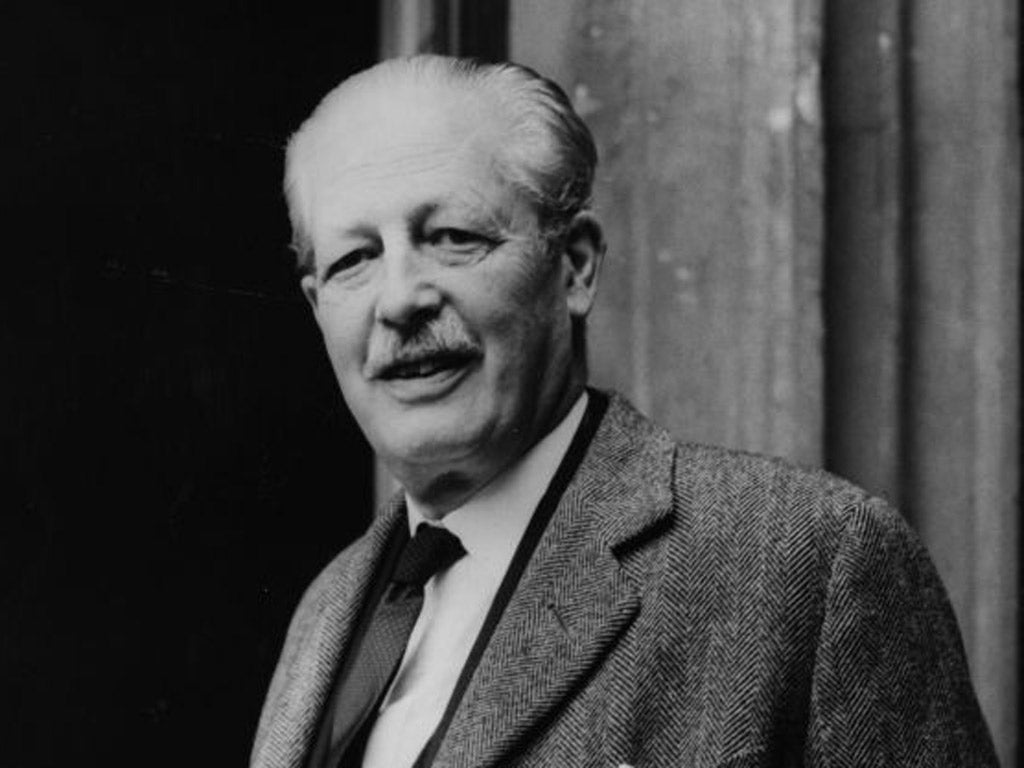The Ballad of the Games, Radio 2, Monday Night of the Long Knives, Radio 4, Saturday
Knickerless races, and other Olympic failures

The wife of Diagoras of Rhodes not unreasonably wanted to watch her husband in the Olympic boxing. Except that in the ancient Games women were barred not only from competing but from even attending, on pain of being chucked off the nearest cliff. Undeterred, she went disguised as a trainer, and saw him win. Forgetting herself, she leapt over the barrier to congratulate him, revealing all to all and sundry. Only her status as the wife and mother of Olympic champions saved her from death by rapid descent.
The appalling treatment of the gels was one of the themes in The Ballad of the Games, the first of six instalments of the latest in the Radio Ballads series that stretches back to the 1950s. It fast-forwarded to 1908 and 1948, the other two London Games, taking in on the way the Much Wenlock Games that inspired Baron de Coubertin's vision.
Women were allowed to watch by then. Once, in 1852, they were even allowed to take part, in an old ladies' race, for the prize of a pound of tea. Most of them couldn't afford bloomers, however, and, as the accompanying song put it, "they showed a little more than their ability". The experiment was abandoned.
This one didn't have the emotional heft of some previous "Ballads", such as the magnificent one a couple of years ago on the 1980s miners' strike, but the series will serve as an atmospheric historical appetiser.
There was more well-told history in the fascinating Night of the Long Knives, which revisited Harold Macmillan's infamous seven-man Cabinet reshuffle in 1962. As the political journalist Peter Oborne explained, it proved disastrous, recasting the erstwhile Supermac as a "harsh, ruthless, incompetent assassin" and leading directly to the election defeat of 1964, but what came through was what a thoroughly decent bloke he seemed.
In an interview given some years later he was asked how he'd felt about the early Sixties' satire boom of which he'd been one of the principal targets. "I liked it very much," he said. "I went to see something called 'Within the Fringe', or something of that kind. Awfully good, I thought – I enjoyed it." As they say, bless.
Subscribe to Independent Premium to bookmark this article
Want to bookmark your favourite articles and stories to read or reference later? Start your Independent Premium subscription today.

Join our commenting forum
Join thought-provoking conversations, follow other Independent readers and see their replies